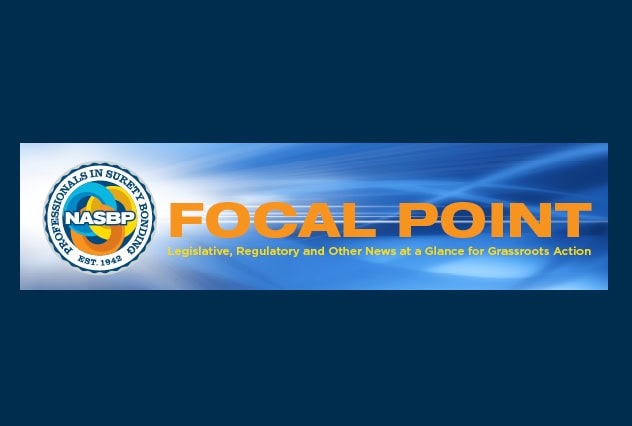Search & Filter
Search
Topic
Region
Audience
Post Type
It’s Not You, It’s Me: Termination Clauses on Federal Construction Projects
As part of Seyfarth Shaw’s Winning Combinations webinar series, watch this 30-minute…
Legal Considerations in Negotiating Government Construction Subcontracts
In this session of Seyfarth Shaw’s Winning Combinations webinar series, Meghan Douris…




